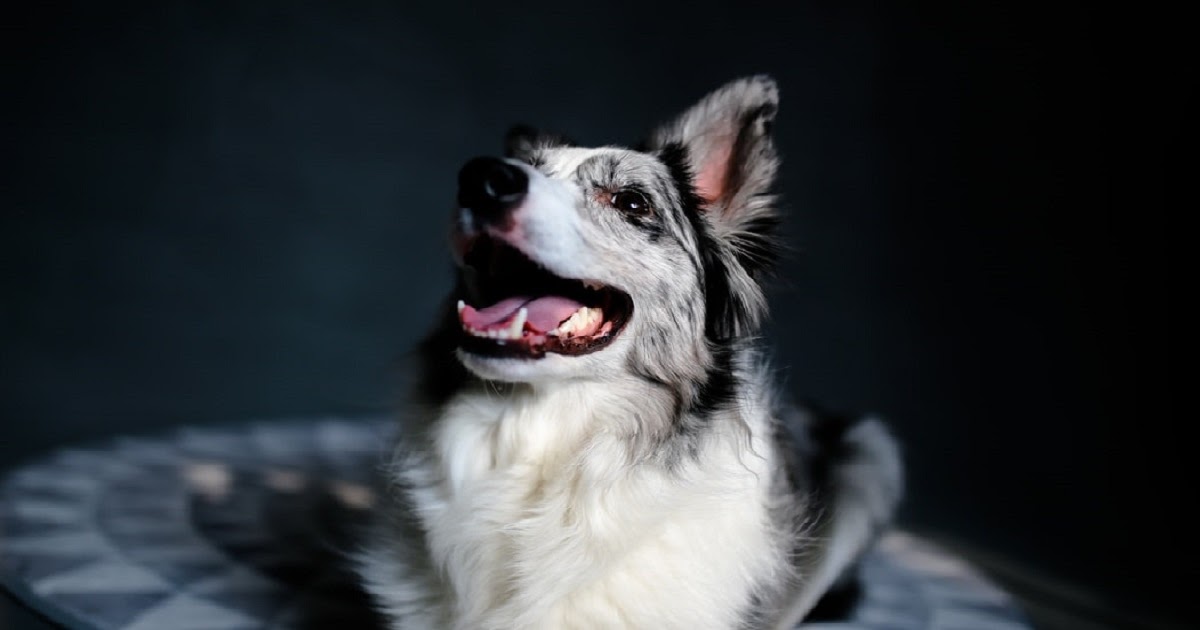- No products in the cart.

E-Mail: info@silversky.com.sg | Phone: +65 6742 7845
Contributing Writer: Low En Xing
For all dog owners out there, you may have heard something along the lines of “Feed your dogs with dry food, it helps to keep their teeth clean!”. Many of us may have been misguided by the belief that dry food can help to remove plaque in their teeth completely, while wet food results in the build-up of bacteria in their teeth and gums.
As a result, some of us choose to feed dry food over wet food as a way to keep our pet’s teeth clean, and even worse, skip brushing our pet’s teeth regularly if they’re on a dry food diet. However, this is far from the truth!
To prevent any further misunderstandings, we’ll tackle the myth surrounding dry food and oral hygiene and show just how exactly can you ensure healthy dental levels in your pet:

Source: Bill Emrich on Pexels
The misconception that dry food will result in cleaner teeth for dogs largely stems from the line of thought that anything abrasive helps to eliminate dental debris that has accumulated on their teeth. Since dry food (such as kibbles) is significantly harder and requires more chewing than wet food, this forms a preconceived notion that dry food is good for dogs’ oral health.
However, while it is true that the act of chewing on dry food is useful in removing some food particles that might be lodged between their teeth, some dogs prefer to wolf down their food without chewing, which means that there is hardly any abrasive contact with the teeth. In other words, it is useless in removing dental debris if the dog does not even bother to chew its food.
Even for those who do chew their food before swallowing, there are still minimal benefits. Other types of dental debris such as plaque and tartar are much more clingy and adhesive to gum surfaces, which makes them harder to eliminate through the simple act of chewing. Furthermore, abrasive contact is limited to the surface of the teeth, rendering it ineffective in removing plaque and tartar that form along and underneath the gum line.
In addition, most kibbles may also contain a higher percentage of refined carbohydrates as compared to wet food. Consuming high amounts of these starchy kibbles could cause an even greater build-up of plaque and tartar, which would only increase the chances of gum diseases.
TL;DR — kibbles cannot clean your pet’s teeth. It’s better to adopt good oral care for the long run, so don’t skimp on this!

Make sure to use a pet-friendly toothbrush and toothpaste when cleaning your dog’s teeth!
Just like how we need to brush our teeth daily to remove plaque and prevent decays, the same goes for our dogs. As mentioned above, dental debris such as plaque and tartar are unable to be completely removed through the act of chewing, and even if they are cleaned away, they can quickly return in just 24 hours.
The only scientifically-proven and surefire way to keep your pet’s mouth free from plaque and tartar is to brush their teeth daily. Your first attempt at brushing your pet’s teeth might be a huge struggle, but by practising good oral care on a regular basis, you’ll not only help them to be increasingly comfortable with the routine, but more importantly, also protect them from gum disease, which can lead to severe health complications!
If possible, start brushing your pet’s teeth as early as you can. Start off by using your fingers to rub toothpaste on their teeth and gums to slowly introduce them to pet-friendly toothbrushes, which might scare some dogs initially.
TropiClean’s Oral Care Kit is a great dental kit for those who are new at this, as it comes with a toothbrush, finger brush, and a gel that’s infused with green tea leaf extract that naturally defends against plaque and tartar! For a hands-free approach, pet owners can try TropiClean’s Oral Care Gel and Water Additive instead.

In addition to regular brushing, the food that your pet consumes also plays an important role in maintaining their oral health. Avoid food and chew bones containing high amounts of carbohydrates as it increases the formation of plaque and tartar.
Instead, opt for meals that contain more meat, vegetables, and even fruits. Not only do they have higher nutritional value, but they also are much healthier for your pet’s teeth as they contain natural enzymes that can help to prevent the build-up of plaque and tartar.
This can even include high-quality kibbles, with Wellness CORE’s kibbles being one such example that uses meat as its main ingredient for a protein-packed, nutrient-dense meal. You may also inject some element of fun into your dog’s daily routine with WhimZees’ sustainably-sourced Dental Chews, which are VOHC-certified and double as an all-natural treat while controlling plaque and tartar build-up!

Besides brushing your pet’s teeth regularly and feeding them with an appropriate diet, it is also important to bring them to a vet for regular dental checks or dental scaling to get rid of tartar build-ups that cannot be removed by ordinary brushing. This can help to detect early signs of dental problems, which allows them to be treated in its early stages.
On a more serious note, you should also visit the veterinarian for immediate treatment if you suspect that your pet is suffering from dental problems, such as periodontal disease. The most prevalent oral disease in dogs, it can be very painful and debilitating, and symptoms include:
If left untreated, periodontal disease has been known to be linked to infections in the heart, lungs, kidneys, liver, and even the brain, which can all shorten your dog’s lifespan.
All in all, the belief that dry food is good for dental health is nothing but a myth, and is never the way to go about to keep their teeth clean. Keep in mind that adopting a holistic approach (regular brushing of teeth, a good diet, and routine checkups) is the only way to ensure oral health in our pets.